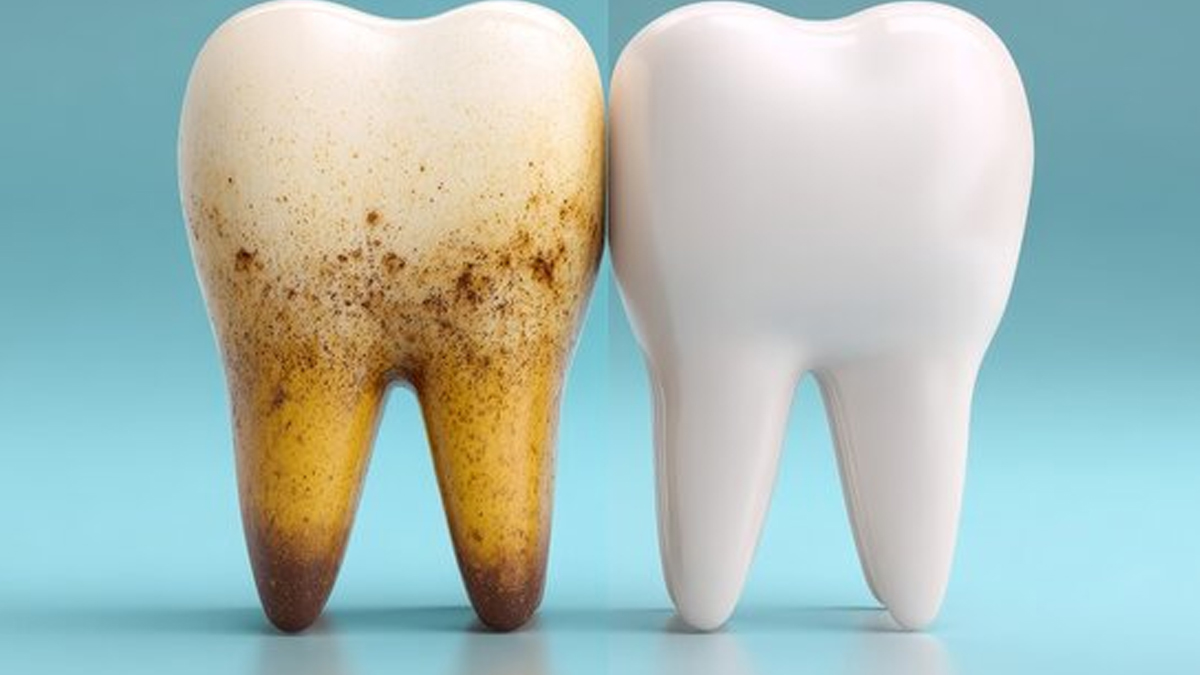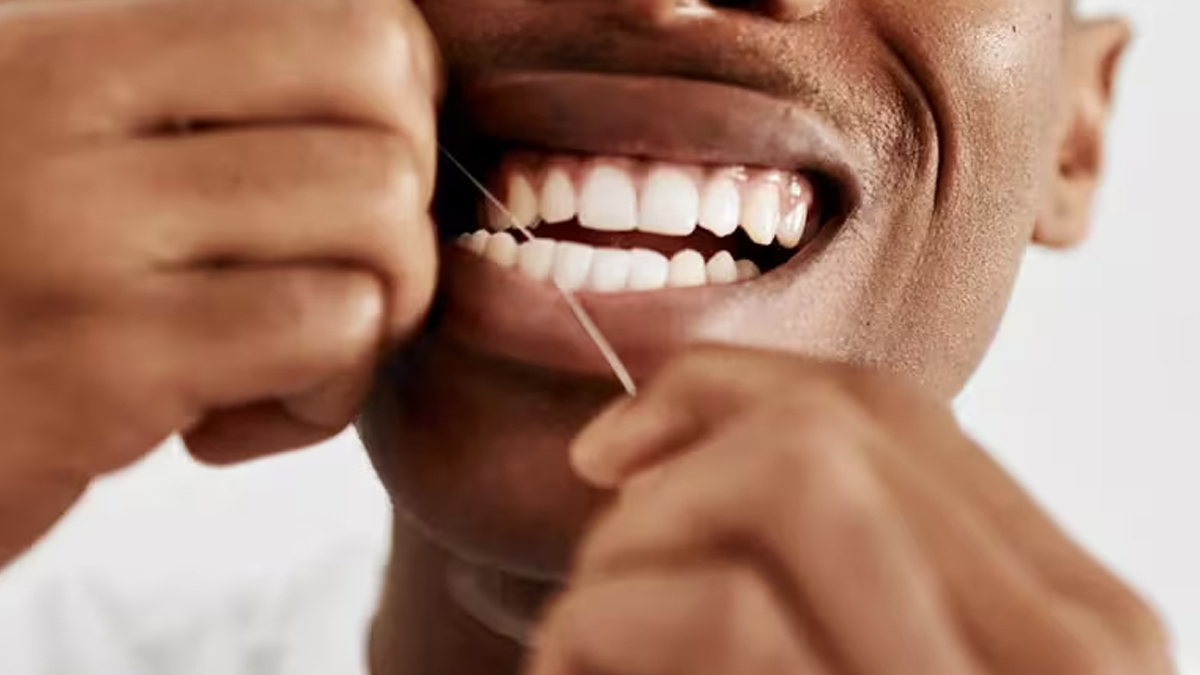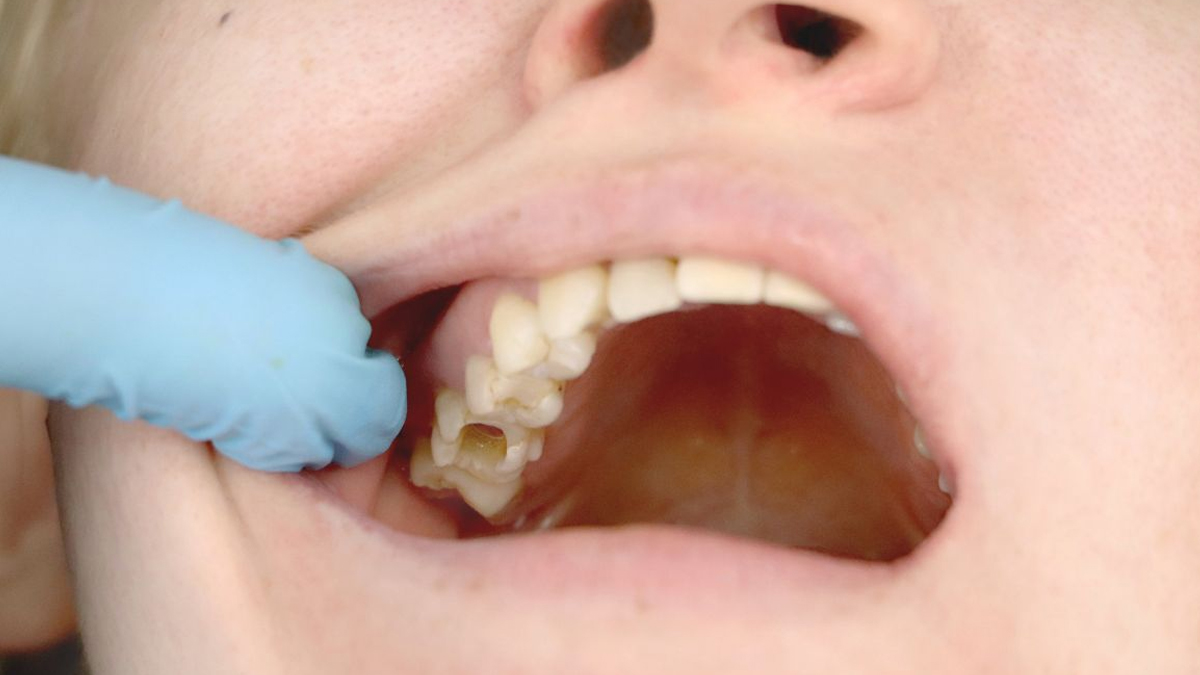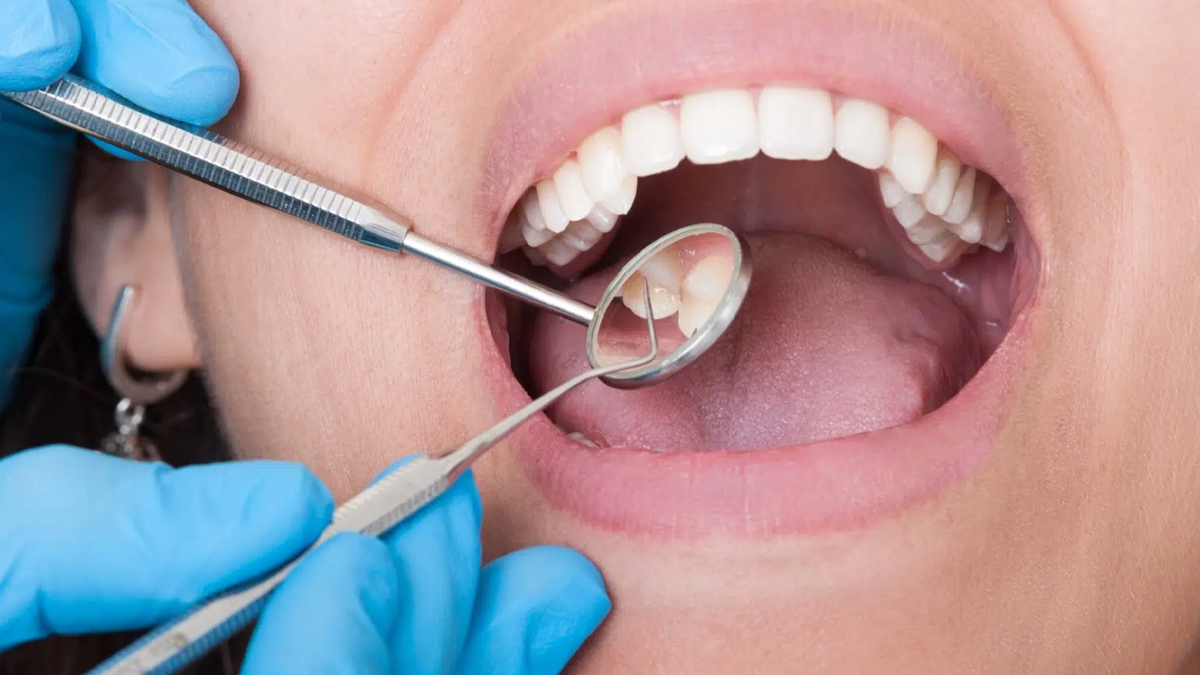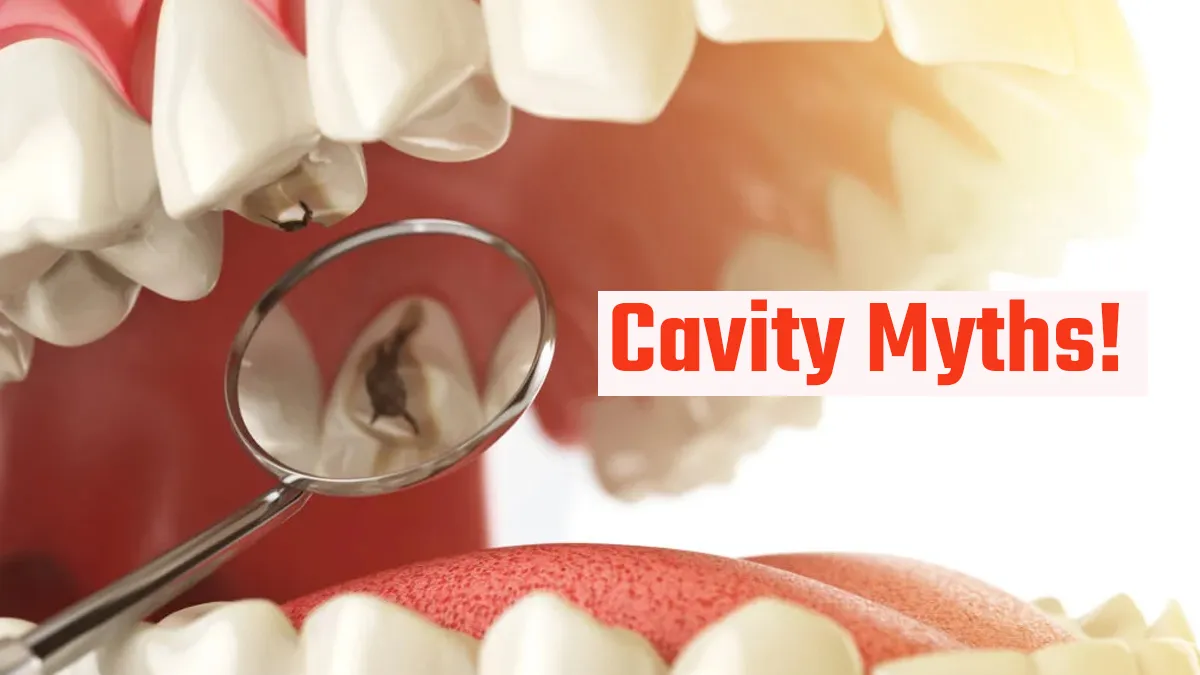
We’ve all heard the scary stories about cavities. Those little holes in your teeth that cause pain and sometimes lead to bigger problems. But there’s also plenty of confusion around how cavities work. Can a cavity just go away on its own if you take better care of your teeth? Or do you definitely need a dentist’s help? Many people wonder if they can avoid the drill by improving their hygiene or using special toothpaste. The truth is a bit more complex than a simple yes or no.
Table of Content:-
What Exactly Is a Cavity?![cavity 4 - 2025-09-17T140528.173]()
Dr Sanyukta Rege, Periodontist, Laxmi Dental Limited, explains, “A cavity is the area found on hard surfaces of your teeth that is damaged. It is when your tooth starts decaying and you will observe tiny openings or holes that can lead to a serious toothache, infection, and sometimes even tooth loss. Various reasons, like bacteria in your mouth, snacking a lot, consuming sugary drinks, or not cleaning your teeth well, can cause cavities. It’s very common in children and teenagers, but anyone can get cavities, including babies.”
So, cavities aren’t just a small spot. They’re actually a sign that your tooth is breaking down.
Can You Remove a Cavity at Home?![cavity remove at home 3 - 2025-09-17T140521.548]()
- The short answer is no. You cannot scrape it away or make it vanish with toothpaste.
- A dentist needs to remove the decayed part of the tooth.
- After removal, the empty space is filled with dental material like composite resin or amalgam.
- For very early stages, fluoride treatment from a dentist might reverse the damage.
- In advanced cases, root canal therapy or a crown may be required.
- Trying to treat a cavity at home only delays proper care, which can make things worse.
ALSO READ: Want “Impressive Oral Health” Like Ranbir Kapoor? Here’s What You Need to Do Daily
Can a Cavity Heal on Its Own?
Here’s where most myths arise.
- Once a cavity forms a permanent hole in your enamel, it cannot heal on its own.
- Professional treatment is needed to stop the decay and restore the tooth.
- However, if caught very early (before the hole develops), the process can be stopped or even reversed. This stage is called demineralisation.
- With good oral hygiene, fluoride toothpaste, and professional advice, enamel can remineralise at this stage.
- So yes, you can stop early decay but no, you can’t heal a full-blown cavity naturally.
What’s the Best Treatment for a Cavity?![cavity treatment 2 - 2025-09-17T140523.439]()
There’s no single answer because it depends on how bad the decay is.
- Small cavity: Dental filling is usually enough.
- Moderate decay: If the damage reaches deeper into the tooth, you may need a root canal and crown.
- Severe decay: If the tooth cannot be saved, extraction might be the only choice.
“When it comes to dental treatment, there is no ‘one size fits all’,” says Dr Rege. “The best treatment depends on how advanced the decay is.”
Can Cavities Heal Without a Filling?
No. If there is already a visible hole, professional treatment is the only way. Tooth enamel cannot grow back once it’s broken. A filling is necessary to stop the damage from spreading and to bring the tooth back to function.
Will a Cavity Hurt?
Cavities don’t always hurt in the beginning, which is why people ignore them. But as the decay progresses, you may notice:
- A dull ache
- Sharp pain when chewing
- Sensitivity to hot, cold, or sweet foods
- Pain when biting down
- The discomfort usually gets worse over time. That’s why waiting is never a good idea.
What Does a Stage 2 Cavity Look Like?![cavity stage 2 1 - 2025-09-17T140525.424]()
- By stage 2, cavities start showing more clearly.
- A small pit or hole in the tooth
- Brown or black discolouration
- Rough tooth surface
- Sensitivity to sweets and temperature
- At this point, a dental filling is usually required. Ignoring it could lead to more complex procedures later.
ALSO READ: What Your Teeth Color Says About Your Health: From Liver Disease to Eating Disorders
Conclusion
Cavities are one of the most common dental issues, but they don’t have to take you by surprise. While very early signs of decay can sometimes be reversed, once a cavity has formed, professional treatment is the only solution. Listening to your teeth, whether it’s a small ache, sensitivity, or discolouration can save you from pain and bigger procedures later. Regular check-ups, good oral hygiene, and timely dental visits keep your smile healthy and strong.
Also watch this video
How we keep this article up to date:
We work with experts and keep a close eye on the latest in health and wellness. Whenever there is a new research or helpful information, we update our articles with accurate and useful advice.
Current Version
Sep 17, 2025 15:00 IST
Modified By : Vivek KumarSep 17, 2025 15:00 IST
Published By : Vivek Kumar
